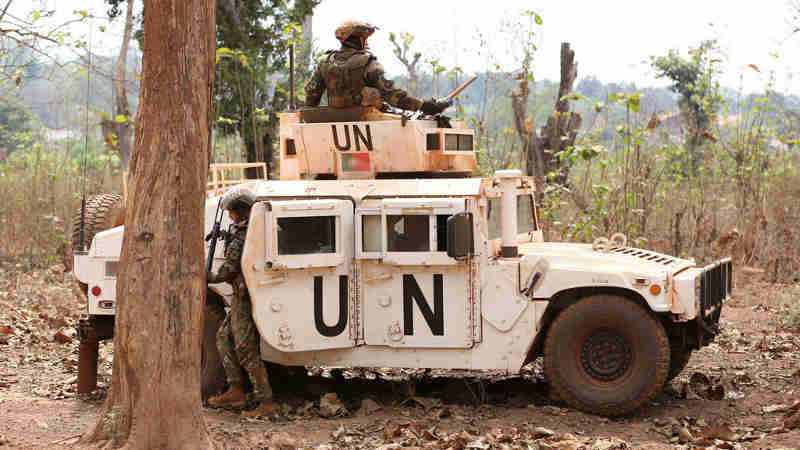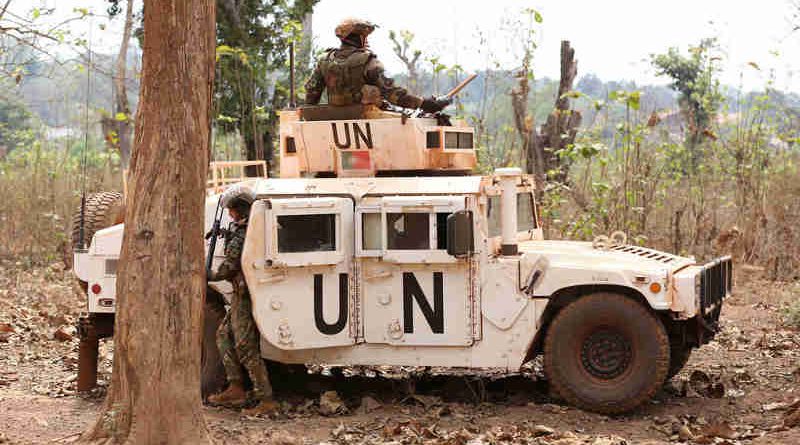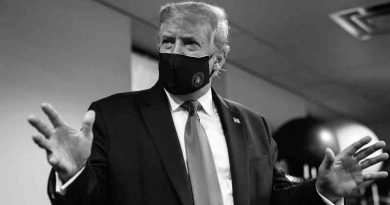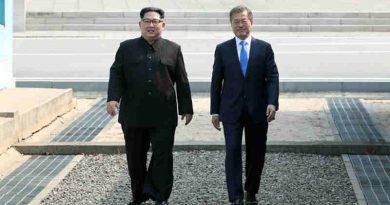Coronavirus Worsens Political Situation in Central African Republic

Political tensions were amplified when a group of parliamentarians moved to extend the tenures of President Faustin-Archange Touadéra.
The Central African Republic (CAR) is making progress as it prepares for presidential and legislative elections in December, but the political situation is still fragile – and security conditions volatile – amidst the ongoing Covid-19 pandemic, UN peacekeeping chief Jean-Pierre Lacroix said on Monday (June 22).
Briefing the Security Council, Mr. Lacroix strongly condemned Sunday’s ambush in the west of the country, on a joint UN Mission (MINUSCA)-National Defence Forces patrol, by suspected members of the Retour, Réclamation et Rehabilitation (3R) armed group. Two soldiers from the national force were killed, and seven wounded.
“The (coronavirus) pandemic is exacerbating existing vulnerabilities,” said the Under-Secretary-General for Peace Operations, as he presented the Secretary-General’s latest report on the UN Stabilization Mission in the Central African Republic.
According to a UN report, despite great strides in implementing the Political Agreement for Peace and Reconciliation, signed in Bangui on 6 February 2019, that milestone text remains fragile – and the upcoming elections will be a test for all.
| Download All Issues of Covid Health Bulletin | ||
| April 16-30, 2020 | May 1-15, 2020 | May 16-31, 2020 |
| June 1-15, 2020 | June 16-30, 2020 | |
“We must therefore redouble our collective efforts in support of peace and stability across CAR, including by making full use of our respective leverage,” he said, adding that the Council’s active engagement remains essential to avoid losing the hard-won gains made since United Nations Multidimensional Integrated Stabilization Mission (MINUSCA) deployed in 2014.
He told the Council – meeting via video-teleconference due to the coronavirus – that political parties are forming coalitions, ramping up public statements, announcing presidential candidates, and challenging legal frameworks for the elections.
The UN report adds that political tensions were amplified when a group of parliamentarians moved to extend the tenures of President Faustin-Archange Touadéra and the National Assembly should “unforeseen circumstances” force the elections to be put off; an idea that the Constitutional Court rejected on 5 June.





